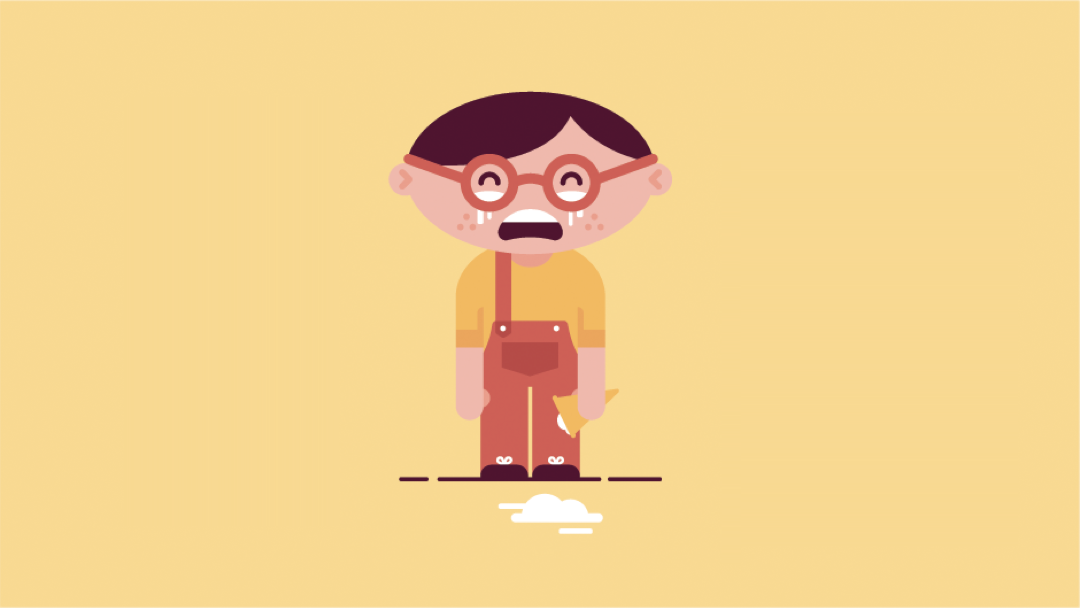There are innumerable reasons why you want to prevent website downtime. No matter what platform or host you choose, it’s crucial for your website to always be functional and accessible. If a user can’t access your site, that might be the last time they interact with your online presence. Downtime happens for a variety of reasons, including server overload, malicious attacks, coding issues, and other errors. The cause for website downtime doesn’t matter so much as the end result of the downtime, though. Either way, a user who lands on a non-functional site is going to click away.
In this article, we’re going to show you some best practices for how to prevent downtime on your WordPress website. That way you can keep your site up, running, and fully functional to visitors. And to yourself in terms of being able to even access the back-end.





